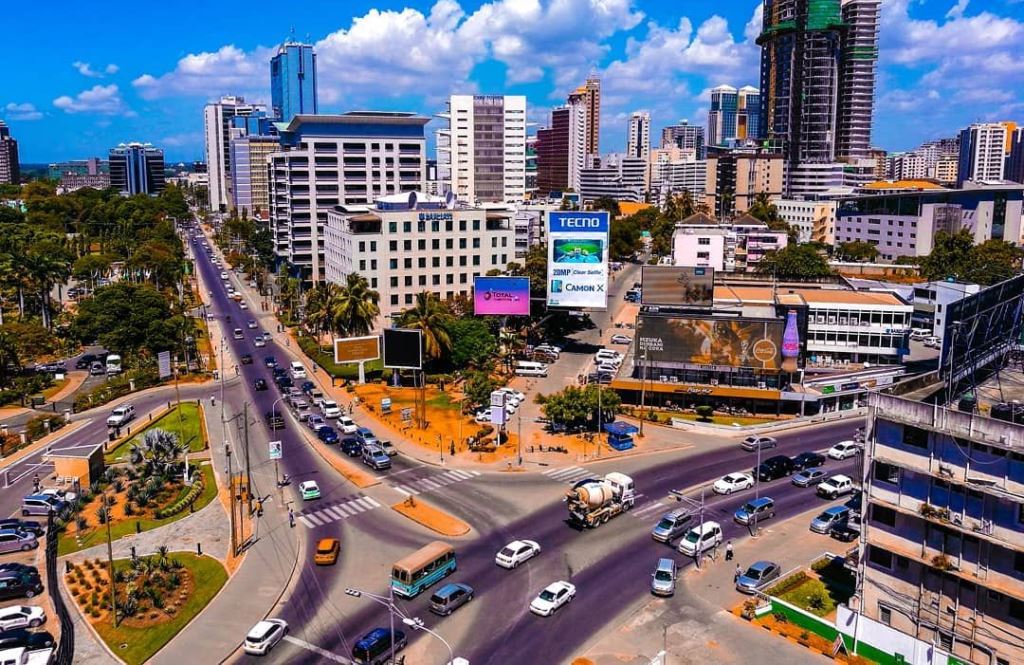AfricaPress-Tanzania: DAR ES SALAAM is among the cities that have policies and invest in zero waste management, thus creating good green jobs, a new study from Global Alliance for Incinerator Alternatives (GAIA) reveals.
A statement issued on Monday also pointed out that cities that invested in zero waste programmes has reduced pollution and improved community health.
This report comes as municipal governments worldwide are making critical decisions about which programmes to take into consideration to increase climate resilience and rebuild local economies that have been damaged by the Covid-19 crisis.
The study projects that if Dar es Salaam were to recover 80 per cent of recyclable and organic material in its waste stream, the city could create over 18,000 new jobs.
The statement further indicates that in a global meta-analysis of job creation potential of different waste management sectors, the research makes clear that what’s good for the environment is also good for the economy.
Zero waste strategies score highest on environmental benefits and create the most jobs of any waste management approach.
“Re-use creates over 200 times as many jobs as landfills and incinerators, re-cycling creates around 70 times as many jobs as landfills and incinerators and re-manufacturing creates almost 30 times as many jobs as landfills and incinerators,” reads the report in part.
Zero waste is a comprehensive waste management approach that prioritises waste reduction and material recovery, with the ultimate aim of creating a circular economy, shrinking waste disposal to zero.
In contrast, disposal-based systems rely on incineration (“waste to energy”) and landfills to handle most of the waste stream, resulting in higher economic costs and environmental consequences.
Moreover, the study shows that zero waste systems not only create more jobs, but also create better jobs.
It gives an example of the innovative and decentralised zero waste model that is being implemented by local non-profit NGO, Nipe Fagio, in low-income communities of Dar es Salaam.
The model aligns environmental stewardship and social inclusion by working with vulnerable populations and engaging the community in effective and cost-effective solutions. It reduces the burden of waste management by tailoring it to the local reality.
Executive Director of Nipe Fagio Ana Lê Rocha said the zero waste model in Dar es Salaam had the potential to create 40 jobs in each community of 5,000 households on average thus generated income inside the community and multiplying its impact through capacity building and education.
According to the report author, Dr Neil Tangri, Science and Policy Director at GAIA, “With the world still reeling from the Covid-19 pandemic, job creation is a priority. Zero waste offers a strategy to create good jobs and reduce pollution without breaking the bank. It’s a triple win for the economy, the environment, and the city.”



